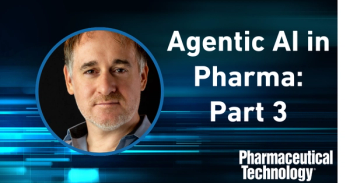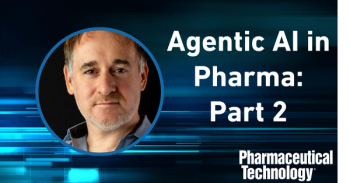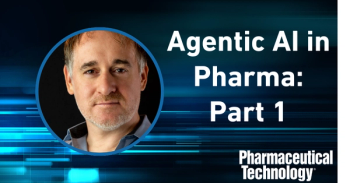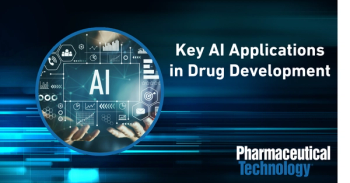
Pharmaceutical Technology Europe
- Pharmaceutical Technology Europe-06-01-2008
- Volume 20
- Issue 6
Jake Sorofman Q&A
Q: You have many years of experience in marketing and business development. What are the most significant changes you have observed in this time?
Q: You have many years of experience in marketing and business development. What are the most significant changes you have observed in this time?
The old tactics no longer work. There is too much competition vying for attention, and companies need to find new and different ways to rise above the din. For example, partnerships need to be based on substance, action and meaningful mutual commitments. Puff press releases and logo swaps are no longer sufficient, and that sort of superficiality is transparent in every way. Effective marketing depends on a deep understanding of who you're selling to — almost an internalization of their needs and a channelling of their role. High-level, generic messaging is tuned out and dismissed as a generic platitude — it is either ignored or seen as disingenuous. This is forcing us to be better and smarter about the campaigns we run, and how we run them.
Jake Sorofman
Q: Do you believe this will have a positive effect on the sector?
Absolutely. In many ways, it has made it harder, but it has also forced organizations to think carefully about the message they deliver and how they go to market. From my perspective, it has made marketing and business development more of a chess match — it requires a strategic bias, the ability to adapt to change and a focus on the end game. It has made both the best and the worst examples more conspicuous and it's impressive to see when it's done well.
Q: Although originally established in Japan, JustSystems has recently expanded to North America and Europe. How do the North American, European and Asian markets compare?
As you would expect, they're quite different. In North America and Europe, there is more competition and a different way of doing things down to the most fundamental level. We've recruited a seasoned group of people who understand these markets very well, and that has really helped to bridge these differences and make market entry successful.
What are the challenges that the pharmaceutical industry and in particular your sector currently faces?
Pharmaceutical companies face three primary challenges:
- Filling the pipeline with new drug candidates by better identifying viable compounds — largely, a discovery problem of finding needles in haystacks and pattern matching within a massive amount of information.
- Improving process efficiency and technology transfer across phases and between organizations to accelerate time-to-market, pre-empt competitors and take advantage of patent protection that is quickly eroded by commercialization delays.
- Compliance issues, which are the ongoing backdrop of all pharmaceutical functions, from early discovery to clinical trials, manufacturing, labelling and distribution.
There are systems and partners that can help pharmaceutical companies address each of these challenges.
Q: How do you see the future of the sector?
I think it will become more challenging. With the growth of global competition and the emergence of generics, pharmaceutical companies need to accelerate the process from discovery to commercialization, and find better ways to grow the pipeline through improved lead generation and unique risk-sharing partnerships and collaborations at various steps in the life cycle. All this is dependent on how information is created, shared, published and maintained, which is why software solutions are so important.
Q: Do you have any developments in the pipeline?
We're working on solutions to help pharmaceutical, biotech and process manufacturers in general to standardize the creation, transfer and maintenance of batch process definitions. Today, this is done in a very ad hoc and manual way, which creates the risk of using out-of-date design specifications and parameters. It also slows time-to-market by complicating technology transfer between phases and forcing organizations to rekey vast amounts of information. We have a solution that allows organizations to create reusable and authoritative recipe building blocks that are visually assembled, connected together and expressed as XML, allowing them to be seamlessly imported by plant floor systems and published as dynamic documents for human consumption. This improves the quality and consistency of the batch process definitions that drive manufacturing processes. In turn, this increases the speed and accuracy of technology transfer across life cycle phases.
Articles in this issue
over 17 years ago
Gas-filled packaging problemsover 17 years ago
Creating PVA copolymer capsulesover 17 years ago
A tiger for a day!over 17 years ago
The science behind sorbent selectionover 17 years ago
Building bioscience in Wales?over 17 years ago
20th Anniversary Special Feature: the rise of AsiaNewsletter
Get the essential updates shaping the future of pharma manufacturing and compliance—subscribe today to Pharmaceutical Technology and never miss a breakthrough.




